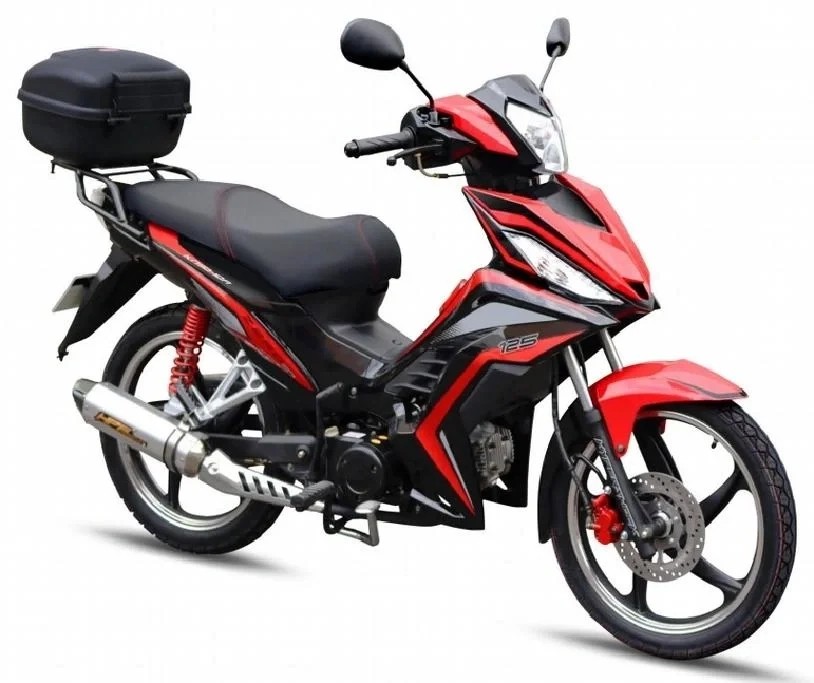In today's rapidly evolving world, the need for sustainable means of transport has become more crucial than ever. As we strive to reduce carbon emissions, alleviate traffic congestion, and promote a healthier environment, it is imperative to explore innovative solutions that can revolutionize the way we travel. This forum post aims to delve into the realm of sustainable transportation, highlighting various modes and technologies that offer a greener and more efficient future.
- Electric Vehicles (EVs):
Electric vehicles have emerged as a game-changer in the transportation industry. Powered by rechargeable batteries, EVs produce zero tailpipe emissions, significantly reducing greenhouse gas emissions. With advancements in battery technology, the range and charging infrastructure of EVs have improved, making them a viable alternative to conventional gasoline-powered vehicles. Additionally, the integration of renewable energy sources into the charging infrastructure further enhances the sustainability of EVs. - Public Transportation:
Efficient and well-connected public transportation systems play a pivotal role in promoting sustainable mobility. By encouraging people to opt for buses, trams, trains, and subways, we can reduce the number of private vehicles on the road, thereby decreasing traffic congestion and emissions. Investing in the expansion and improvement of public transportation networks, along with implementing smart technologies for real-time information and ticketing, can make public transport more convenient and attractive to commuters. - Cycling and Walking:
Promoting active modes of transport, such as cycling and walking, not only reduces carbon emissions but also improves public health. Designing cities with dedicated cycling lanes, pedestrian-friendly infrastructure, and bike-sharing programs can encourage individuals to choose these sustainable options for shorter trips. Additionally, integrating cycling and walking paths with public transportation networks can provide seamless multimodal journeys, further enhancing their appeal and accessibility. - High-Speed Rail:
High-speed rail (HSR) systems offer a sustainable alternative for long-distance travel. By providing a faster and more energy-efficient mode of transportation compared to air travel or private cars, HSR can significantly reduce carbon emissions. Investing in HSR infrastructure and expanding networks can promote regional connectivity, stimulate economic growth, and reduce the environmental impact of transportation. - Intelligent Transportation Systems (ITS):
Intelligent Transportation Systems utilize advanced technologies to optimize traffic flow, reduce congestion, and enhance safety. By integrating real-time data, sensors, and communication networks, ITS enables efficient traffic management, route optimization, and smart parking solutions. These technologies not only improve the overall transportation experience but also contribute to sustainability by minimizing fuel consumption and emissions.
Conclusion:
The quest for sustainable means of transport is a pressing global concern. By embracing electric vehicles, enhancing public transportation, promoting cycling and walking, investing in high-speed rail, and adopting intelligent transportation systems, we can pave the way for a greener and more efficient future. It is crucial for governments, industries, and individuals to collaborate and prioritize sustainable transportation solutions to mitigate the environmental impact of our mobility choices. Let us embark on this transformative journey towards a more sustainable and interconnected world.




+ There are no comments
Add yours